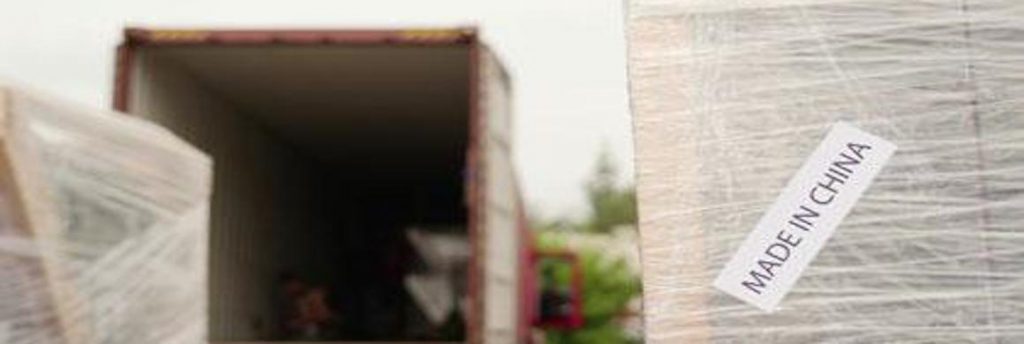Columbia Business School recently published an op-ed from Peter Wiegand about the potential future of free trade after the 2016 presidential election wraps this November.
Sentiments from the Right about free trade seem to correspond with Trump’s frankly ghastly ascent in the polls. According to a Pew Research poll, since Trump made “bad trade deals a centerpiece of his campaign” 61% of Republicans now believe free trade agreements should be re-thought.
58% of Democrats, on the other hand, believe “free trade has been good for America,” which stands in strong contrast to Senator Bernie Sanders’ “highly vocal opposition to expanding free trade,” which has forced Hillary Clinton to play down the Trans-Pacific Partnership she once “championed as secretary of state.”
Both Trump and Clinton have focused on “restoring American manufacturing,” which many economists believe is misleading. Case in point: Trump’s proposal for a 45% tariff on Chinese imports.
Columbia Business School’s Joseph Stiglitz told the New York Times that, “Global employment in manufacturing is going down because productivity increases are exceeding increases in demand for manufactured products by a significant amount.” In plain English: “The likelihood that we will get a manufacturing recovery is close to nil.”
Amit Khandelwal, director of the Jerome A. Chazen Institute for Global Business at Columbia Business School, is quick to address the seismic shift in the way business is conducted today, compared to 40 years ago “when manufacturing employment peaked.”
“Where once an American car might have been produced entirely, or nearly, from parts manufactured exclusively in and around Detroit, final assembly is generally conducted near the ultimate site of sale (either in the US, or in Canada or Mexico for cars destined to be sold here) to save on transit costs, but parts can come from virtually anywhere.”
Khandelwal argues that trade is only one small piece of the puzzle. “What we ought to be focusing on isn’t how we can step back from trade, but how we can take some of those gains and use them to better prepare workers for this new economy we’re in.”
